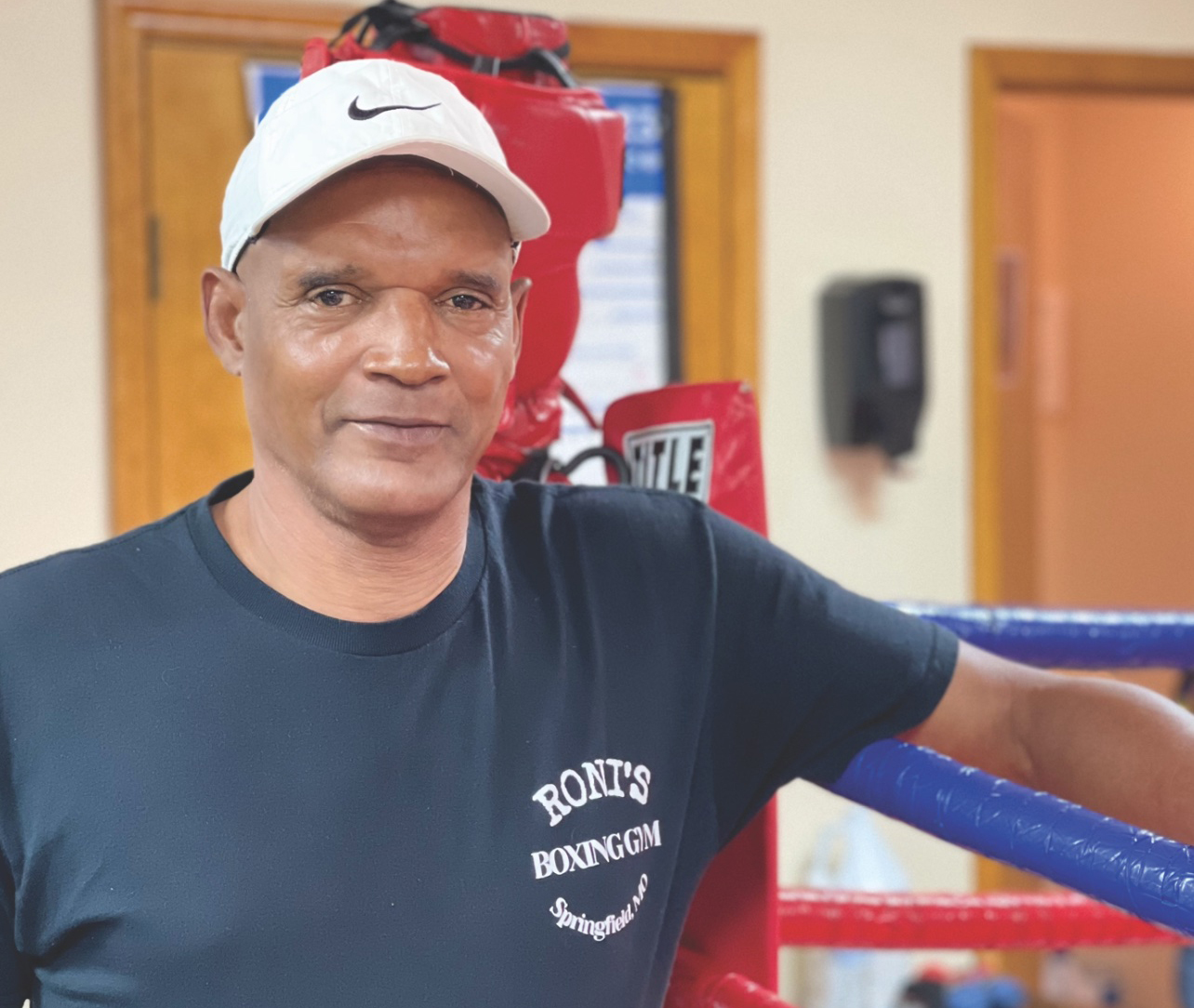Roni Lewis started boxing at the age of nine, inspired by his older brother. Lewis fell in love with the sport and pursued it for 33 years, turning professional at the age of twenty-one. He fought in locations such as Oklahoma and Las Vegas, achieving a world ranking of 13th and venturing into international competition. Most of the world champions were in Tokyo, Australia, and Russia, where they boasted some of the best fighters in Shoot boxing.
In 1996, Lewis competed in Tokyo for his first world title against a fighter named “Myki Ore,” who had held the title in Japan for about three years. This match marked his first world title, knocking out his opponent in the second round. Subsequently, he secured a contract in Japan and fought there approximately 13 times, with only two losses.
“In international competition, they had some really good fighters. Many of the fighters came from low-income families, so they were hungry and determined to succeed,” Lewis explained. “I maintained my fitness and my workout program, thanks to my great trainers Hal Lewis, Ike Stafford, and Master Thai, who provided valuable insights and guidance. They kept me grounded and focused, paying off in the long run.”
Throughout his boxing career, Lewis participated in 64 fights, achieving 45 KOs and experiencing 7 losses. He emphasized the mental aspect of the sport, saying, “In this sport, you have to use your mind as much as your body. It’s like a chess game; you’re playing chess with your opponent. You can’t pass the ball or throw it to someone else; when you step into the ring, you face yourself. So, anyone you fight deserves a lot of respect because it’s like going to war.”
Lewis recalled challenging fighters from Laos and Thailand, describing them as some of the toughest opponents he faced. He specifically mentioned one fighter, Manson Gibson, known as “The Thai Destroyer,” as a source of great respect and learning in his career.
His career also took him to Moscow, where he fought one of the toughest opponents in Red Square. Reflecting on the experience, he noted how different cultures and experiences enriched his life.
Both of Lewis’ world titles came from Tokyo, Japan. He won his second title in 1998 and donated his third belt to a friend in Baltimore, MD, who now teaches boxing. He occasionally conducts seminars for around 50-60 people at the same school.
UniteNews: How did you make the transition from being a successful boxer to becoming a trainer and gym owner?
Lewis: “My son played a crucial role in my transition to training. He showed me that he had the potential, and when his friends joined in, we decided to start a gym. It has been operational for a year now, and it’s been a success. I’ve run gyms in Baltimore, MD while competing simultaneously, which was a lot of work. By training these kids, I hope to pass on the knowledge they can use in their future careers.”
Many of his students attend schools like OTC, MSU, or Evangel, and some are helping train the younger kids. Lewis emphasized the importance of discipline and structure in both boxing and life. Education remains a top priority, and he encourages his students to excel academically.
UniteNews: How do you instill those values into the kids here?
Lewis: “It’s challenging but necessary. Once they have their first fight, they understand that they need to be committed and present every day. The only exceptions I make are for tests and finals. School and jobs come first; boxing is secondary. However, if they can’t attend a training session, they must let me know how many sprints they completed. Most of them are dedicated and understand the physical and mental demands of the sport. They run six miles and practice sprints every other day. They also work on the heavy bags, ropes, and ring movement. They learn to use the smaller ring effectively, which prepares them for larger rings where they have more room to maneuver.”
“We’ve had 12 fights with no injuries so far, thanks to the safety gear provided by USA Boxing. Currently, we have one fighter ready to turn professional.”
UniteNews: As a gym owner and trainer, what advice do you give young boxers who want to succeed in the sport?
Lewis: “I tell them it takes a lot of work, discipline, and commitment. I often tease them about not having time for girlfriends or going out with friends. They need to be at the gym. This creates a family atmosphere among them, a sense of unity and purpose. They train together and grow bonds. They stay humble, and no one gets a big head. We emphasize staying at the same level and working together to improve. They have to be willing to put in the effort both physically and mentally.”
“Boxing provides more than just physical benefits; it builds character, discipline, and respect. It teaches them to lead a healthy lifestyle, avoid negative influences, and remain focused on their goals. The mental aspect is just as important as the physical one, and it’s a life-changing experience for them.”
To Learn More:
Gym Hours Monday – Saturday 4:30 pm – 9 pm
For Rates Call: (954) 245-2204






